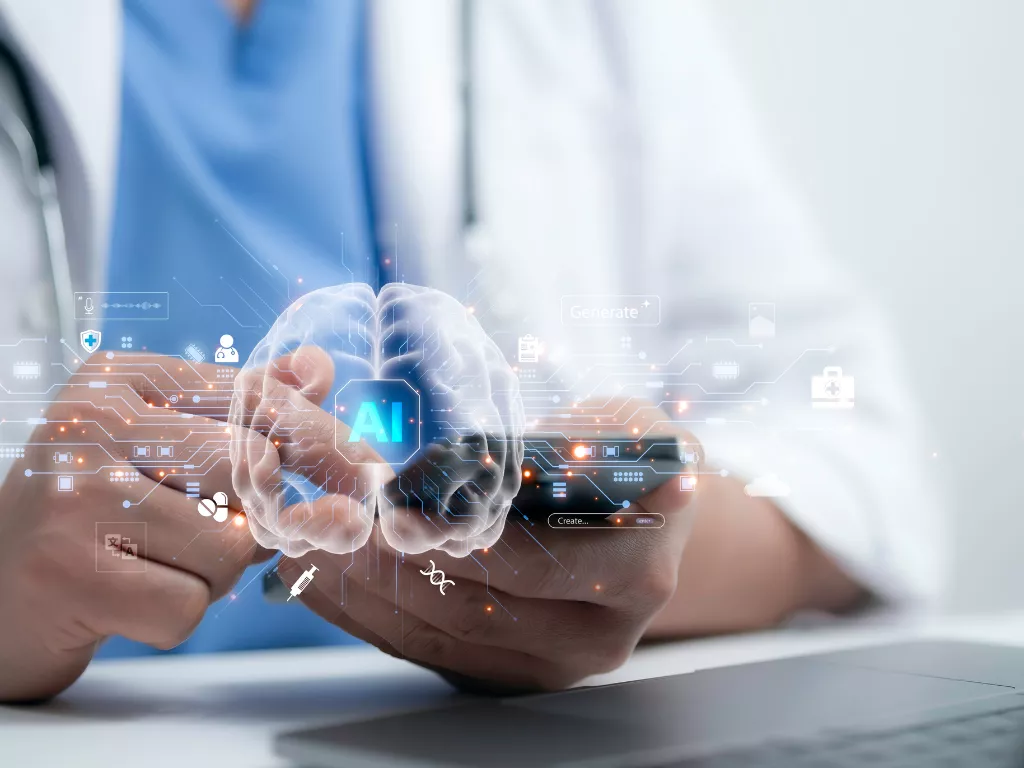Integration of AI into Medical Diagnostics: A Revolution in Healthcare
Artificial Intelligence (AI) is reshaping the landscape of medical diagnostics, offering unprecedented accuracy, speed, and personalization in disease detection. From advanced imaging analysis to predictive analytics, AI is transforming the way healthcare professionals diagnose, treat, and manage diseases. Rather than replacing human expertise, AI augments it, improving diagnostic precision, enabling tailored treatments, and driving efficiency. As AI continues to evolve, its potential to revolutionize healthcare becomes even clearer—ushering in a future where medicine is predictive, preventative, and personalized. AI is no longer the future of healthcare; it is the present.
In this blog, we explore how AI is making a significant impact in healthcare diagnostics, from enhanced imaging analysis to predictive analytics for early disease detection. And will also explore the future possibilities of AI in healthcare.

